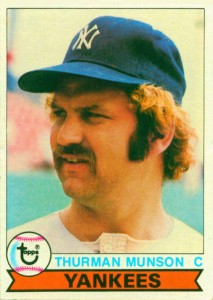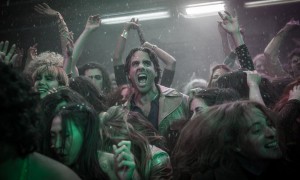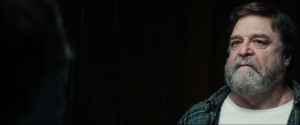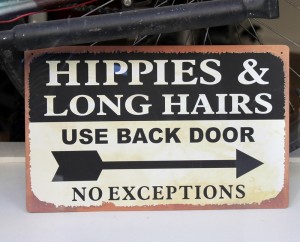Let’s Contemplate Death, Want To?

Death Becomes Me
My brother and I have an old routine where we discuss how we’d like to die, if we had our druthers. He always defaults to this fantasy of being diagnosed with some sort of movie disease like a Brain Cloud and having an idyllic six months to live, wherein he will feel more or less normal and have all his faculties, and then simply drop dead. The idea is he’ll have the time to liquidate all of his assets and fly out to Vegas, there to live like a modern-day Caligula until he simply keels over in a hot tub filled with prostitutes and, I presume, whiskey.
While I salute my brother’s dream of drinking himself to death when the last moments come, I deprecate his plan for the obvious reasons: None of us get that kind of warning, I don’t think. Or at least a vanishingly small number of us do. Most of us will either have a bus dropped on us without warning, or our last memories will be do I smell toast? or we’ll have a long, grinding road of misery and pain until we just sort of enter a new state of existence known as barely there.
In short, I haven’t known much death in my time, but I do know this: There is no such thing as a good death.
####
Writing often means you have to concoct good deaths for characters. The closer I hue to reality when it comes to death, the less satisfying people find my stories. People like to see just desserts, noble speeches, epiphanies, and deathbed confessions. They like to see death matter in fiction. I strongly suspect this is because almost always death doesn’t mean anything in life. It just is.
####
I think this topic has been on my mind (more than usual, anyway) because my agent, the Redoubtable Janet Reid, recently suggested that I take steps to set up a Literary Executor, someone who would be empowered to handle my Empire of Words after I’d died of acute alcohol poisoning (or, possibly, something else). Now, when your agent suggests you start looking towards a Post-Life Strategy, it makes you think. As in, I thought, Do I look like I’m fucking dying? It seemed like just a few years ago we were chortling over whiskies at Old Town Bar, plotting my eventual literary domination! Now we’re gently pushing my funeral barge into the water, the scent of lighting fluid all around me.
I’m no Stephen King or Nora Roberts, but I get royalty checks, which means my books sell and someone is making money from them. I’m the last stop on the Money Train, it’s true, but it’s still money. So, sure, when I die of (probably) drinking a fifth of bourbon and wandering into traffic whilst singing Irish folk songs, someone’s gonna have to make some decisions. And if I don’t designate someone, who knows what the hell happens. For all I know I signed a bar napkin a few years ago promising some rando they could have my literary empire. I mean, it’s entirely possible. I sign a lot of things.
####
On the other hand, you can’t think too hard about death when you create stories and universes. You have to be like god: eternal and unblinking, otherwise why bother? I mean, when I think about all the stories and novels I have planned for the coming years, I kind of assume I am eternal and ever-living, like Mumm-Ra. You can’t think, oh, I’d like to write this seven-book Sci Fi series, but … you know, chances are I’ll be dead tomorrow, probably from drinking grain alcohol with a lit candle nearby. Better safe than sorry!
So on the one hand, I have to plan for my own demise, when I will likely find myself on trial with every fly, roach, and cow I’ve ever murdered standing in judgment in the afterlife. On the other hand, I have to pretend I will live forever, like the aforementioned Mumm-Ra, or I will produce nothing. It’s kind of a mind fuck, if you ask me.
If anyone is thinking they might be the ideal choice to be my literary executor, I’m sorry to report the post is filled by The Duchess, who will not be amused if you make any attempts to seize control after my unfortunate death from beer poisoning.
And if you are one of the few who find references to Mumm-Ra, The Ever Living entertaining, y’all are my people.

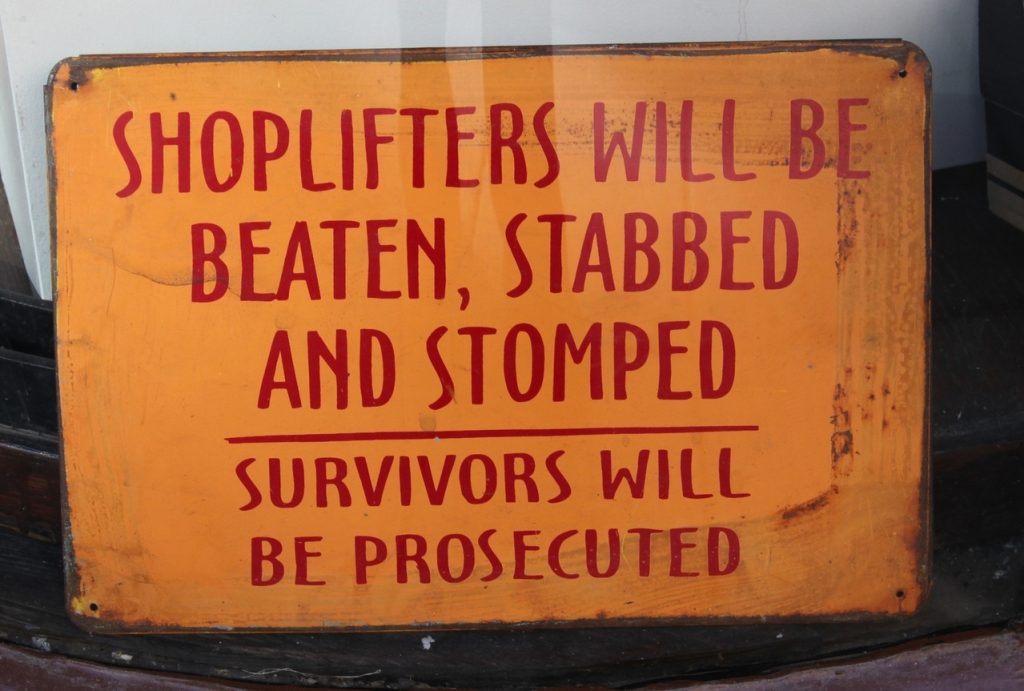 Every now and then someone makes a terrible mistake and assumes that because I have published a few novels and stories and such that I know something about publishing and writing. I don’t. Like Jon Snow, I know nothing, and generally go through life feeling like a confused and slightly dimwitted teenager.
Every now and then someone makes a terrible mistake and assumes that because I have published a few novels and stories and such that I know something about publishing and writing. I don’t. Like Jon Snow, I know nothing, and generally go through life feeling like a confused and slightly dimwitted teenager.



